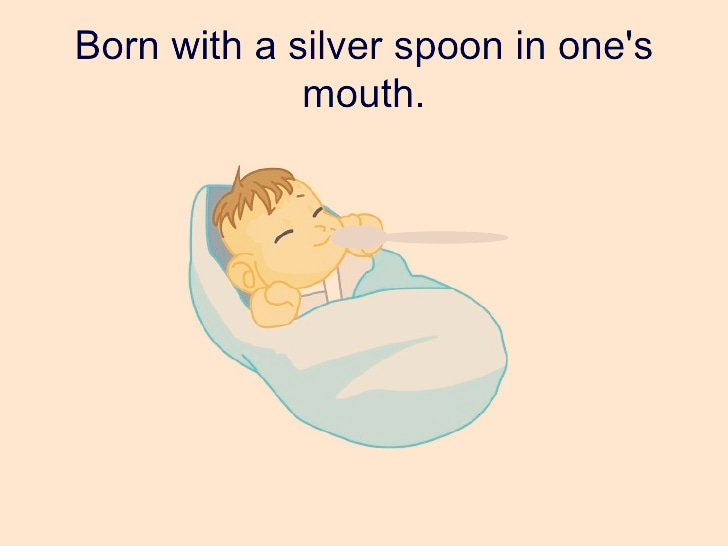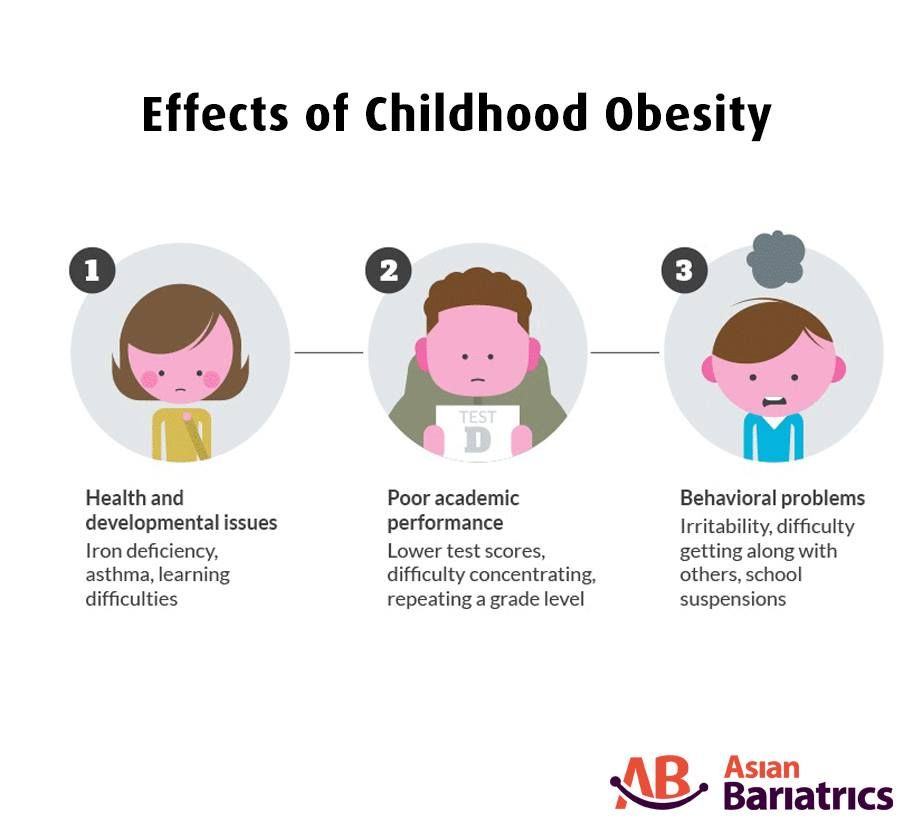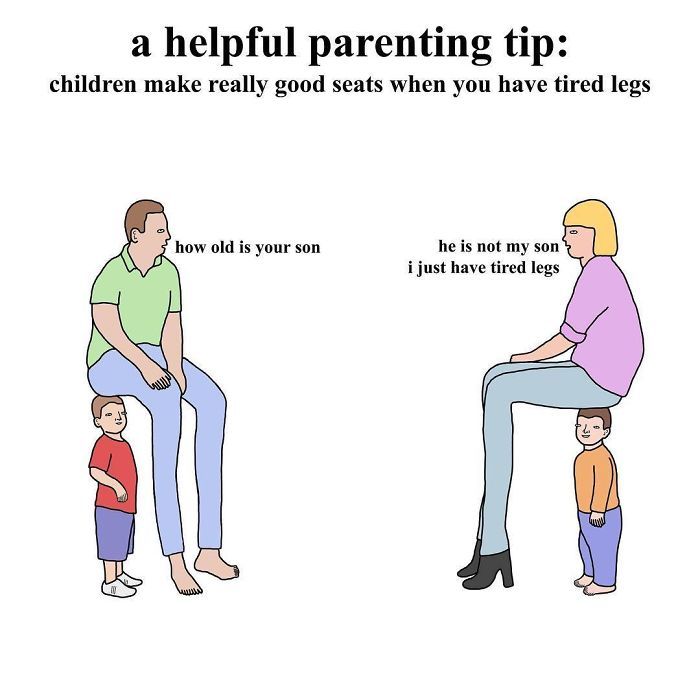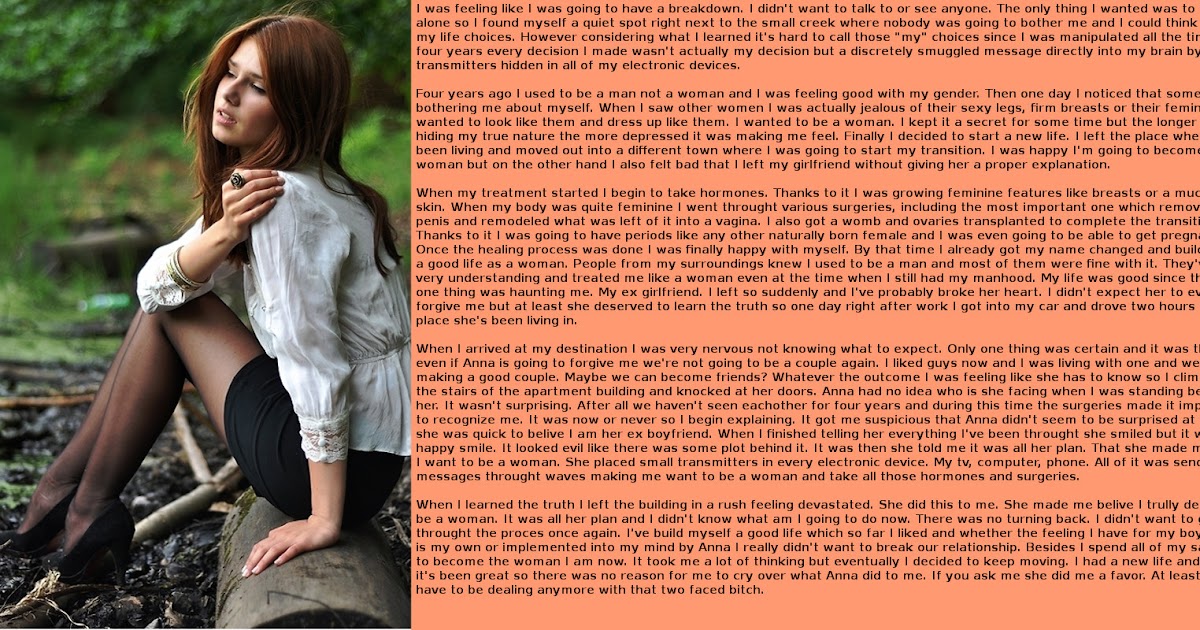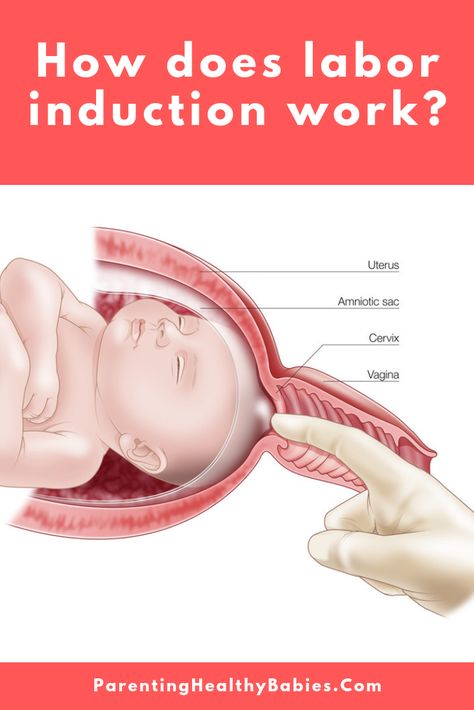Why is my breastfed baby not pooping
Your Baby's Not Pooping but Passing Gas? What You Should Know
Congratulations! You have a new little person in the house!
If you’re a newbie parent you might be feeling like you’re changing your baby’s diaper every hour. If you have other little ones, you already know that a diaper can tell a lot about a baby’s well-being, but that babies — like adults — can sometimes have common plumbing issues.
If your baby is not pooping but passing gas, don’t worry. Your baby is still getting the hang of this thing called digestion. This is a normal part of being a baby.
There are several reasons why your baby might not be pooping. This can be uncomfortable for them (and you) but in most cases it’s not a reason to worry. Here’s what to know and what to do about your baby’s gassiness and lack of poop.
In contrast to the early newborn days when it seems every diaper change is a poop, your baby will naturally poop less as they get to be a few weeks to several months old.
There is a range of healthy when it comes to how often a baby should poop. As long as your baby is feeding normally and gaining weight (1 to 2 pounds a month), don’t worry about the number of poops.
Some babies 2 months or older poop once a day or more often. Other babies poop once every few days or even once a week. Even if your baby is pooping less frequently, their poop should be soft and easy to pass when they do go.
Breastfeeding, formula, and solids
Pooping frequency depends in part on what your baby is eating.
If your baby is only being breastfed or chestfed they may not poop every day. This is because their body can use up almost all the components of breast milk for nutrition and there is very little left that needs to be eliminated. After the first 3 to 6 weeks or so, they can go even a whole week without a poop.
If your baby is formula-fed they should poop at least once every couple of days. But some babies poop every day, while some poop more often, up to several times a day. This is all within the typical range.
This is all within the typical range.
Because the look of your baby’s poop can vary, it can sometimes be hard to tell when a baby has diarrhea. Signs that there could be a problem include pooping more than once per feeding, or poop that is getting more watery over time. If you notice any of these signs, talk with your baby’s pediatrician or doctor.
Once your baby starts eating solid food, it’s a whole new game! You’ll soon learn which foods might give your baby gassiness without pooping and which their digestive system seems to poop out almost too quickly.
Color and texture
Pooping the rainbow is pretty normal for a baby. Different textures and smells are also completely normal.
In fact, your baby’s poop may move between several shades of brown, yellow, and green, depending in part on what they’re eating.
Chalky, red, or black poop might mean that there is a health issue. If you notice these changes, talk with your baby’s pediatrician immediately. You should tell your doctor or pediatrician if you notice blood in the poop, or if your baby looks sick.
You should tell your doctor or pediatrician if you notice blood in the poop, or if your baby looks sick.
Straining to poop
Don’t worry if your baby appears to be straining to poop. Straining while pooping is typical for young babies. This is because they are still learning how coordinate the muscles needed to poop.
Babies also spend a lot of time lying down, so gravity isn’t on their side to help pass poops!
But if your baby’s poops become hard or dry, talk with your pediatrician.
If your baby is formula-fed, poops less than once a day, and appears to be straining, this is another reason to talk with a doctor. It could be a sign of constipation.
A baby can sometimes get a little stopped up or constipated. In fact, up to 30% of children get constipated pretty regularly. This can make your baby pass gas (fart), even though they are not pooping. When they do go, the stool is hard.
On the other hand, your baby might get gassy in between poops, without constipation. There are several common reasons why this might occasionally happen. Babies sometimes swallow air, which can lead to gas.
There are several common reasons why this might occasionally happen. Babies sometimes swallow air, which can lead to gas.
Some babies are just naturally gassy, just like they’re naturally cute. Sometimes a baby with stinky gas is just a baby with stinky gas. But if your baby seems to be having gas pains, bring it up with your pediatrician.
Breastfed babies
The good news is that babies who breastfeed or chestfeed are less likely to get constipated, because breast milk is generally easier to digest than formula.
If you’re nursing your baby, changes in your milk might have something to do with your baby’s poop frequency. Around 6 weeks after birth, your breast milk has little or no trace left of a yellowish substance called colostrum. Colostrum contains extra protein, antibodies, and other nutrients.
This liquid is one part of your breast milk that helps to give your newborn baby’s immune system a boost against germs. Colostrum may also work like a laxative, helping your baby poop in the first few weeks of life.
This may be one reason newborns poop several times a day. When there’s less colostrum — or none — your baby may have fewer poops.
Formula-fed babies
If your baby is feeding on formula, they might get gassy if they swallow air with feeding or if you change the kind of formula you use. A baby’s new digestive system can be finicky like that.
Some amount of gas is normal for all babies, and some babies just naturally pass more gas. If your baby is gassy, it doesn’t necessarily mean there is an issue or that you need to change anything to “fix” it.
If your baby is happily gassy and not showing symptoms of constipation or other issues, it’s fine to just let them be. But if your baby seems to be in pain due to gas, discuss it with your pediatrician.
Solids
When your baby starts trying solid foods, they might get gassy without pooping all over again. Introducing solid foods and new foods to your baby can cause little digestive hiccups.
It’s best to introduce new foods one at a time.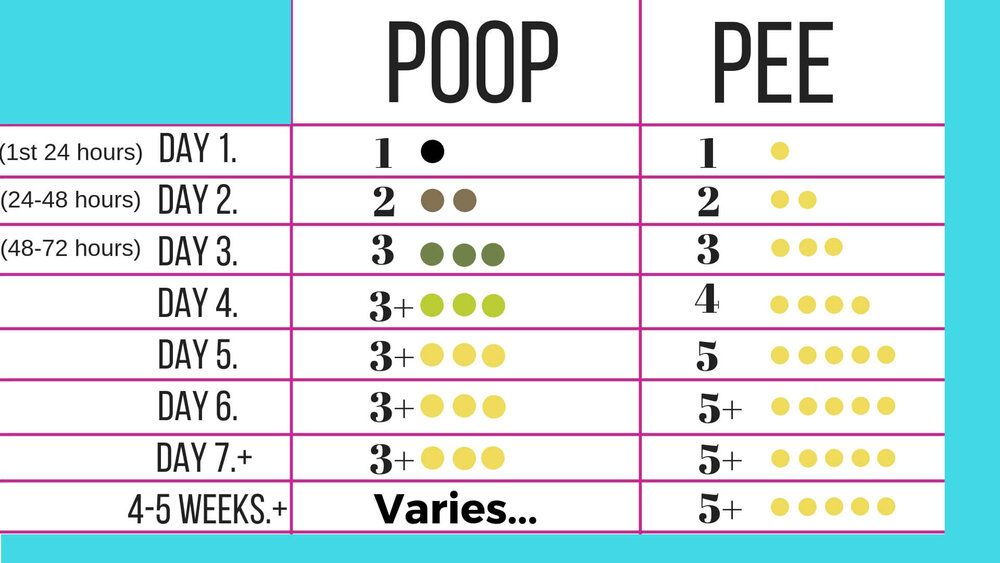 This can help you pinpoint sensitivities or foods that cause gassiness or pooping issues for your little one.
This can help you pinpoint sensitivities or foods that cause gassiness or pooping issues for your little one.
If your baby is gassy but not pooping, check for other signs and symptoms of constipation:
- excessive crying or irritability
- decreased appetite
- severe straining or turning red without pooping
- small hard poops (when they do poop)
- dry poop (when they do poop)
In most cases, your baby’s gassiness and constipation will resolve on its own as their digestive system figures things out. Sometimes, you might need to give it a little nudge.
Call the doctor
If your newborn baby (under the age of 6 weeks) is not pooping at all or very rarely pooping, see your doctor immediately. In rare cases, not pooping can be a sign of an underlying health issue. Check for other symptoms like:
- vomiting
- refusing feeds
- excess crying
- stomach bloating
- arching their back like they are in pain
- fever
- blood in the stool
Any time you notice blood in your baby’s stool, it’s important to talk with your doctor right away.
Babies who are older than 6 weeks will occasionally be constipated. Call your doctor if your baby has not had a poop for longer than a week or if they get constipated with hard stools more than once or twice.
Home treatments
Ask your doctor if you should try home remedies for your little one, like:
- liquids: If your baby is over 6 months old (age is important here!), you can give them a few ounces of water. For babies at least 1 month old, you can talk with your doctor about giving them a small amount apple or pear juice — 1 ounce for each month of age, up to 4 months. These juices have a natural sugar called sorbitol that is also a laxative. Drinking this might help soften your baby’s poop. Babies who are eating solid food can have prune juice.
- food: If your baby is eating solids, give them fiber-rich foods to help pass the poop. Try puréed prunes, sweet potatoes, or fruits. Fiber-rich foods might make your baby gassy, but they often help with the poop!
- exercise: Your baby might just need to get moving to help them poop! Moving your baby’s legs as in a bicycle motion may help rev their digestion engine.
 You can also try holding your baby up so they are “walking” in your lap.
You can also try holding your baby up so they are “walking” in your lap. - massage and a warm bath: Try massaging your baby’s stomach and body. This can help relax them and get their digestion moving. You can also try a warm bath to help them relax.
- medications: If none of the changes in feeding, diet, or exercise help with the constipation, your doctor might recommend trying an infant glycerin suppository. These have to be put into your baby’s rectum, but they may be relieved and sleep peacefully when they can have a good poop! But be sure to talk with your baby’s doctor first if you are considering this option.
If your baby is gassy but not pooping, don’t worry. These common symptoms are normal in babies as they learn how to feed and digest food. Your baby might be constipated.
Call your baby’s pediatrician immediately if your newborn baby (under 6 weeks old) is not pooping at all. Also call if your baby (of any age) has constipation for longer than 5 to 7 days or if they also have other symptoms.
Constipation - La Leche League International
Is my breastfed baby constipated?
The amount and frequency of a breastfed baby’s wet diapers and bowel movements can be valuable indicators of his well-being. However, there is a wide range of normal in infant stooling patterns.
The correct definition of constipation is when a baby experiences hard, dry, infrequent bowel movements that are difficult and painful to pass. Breastfed babies rarely have these types of bowel movements while exclusively nursing.
The First Few Days of Life
In the first two or three days of life, it would be typical for a baby to wet only one or two diapers per day. As the mother’s milk increases, his urine output will increase markedly. A newborn in the first few days after birth will pass dark, tarry stools called meconium, the substance he has stored since before birth. As the baby drinks colostrum, it clears the meconium out of the intestinal tract, so that within a few days stools become softer and much lighter in color.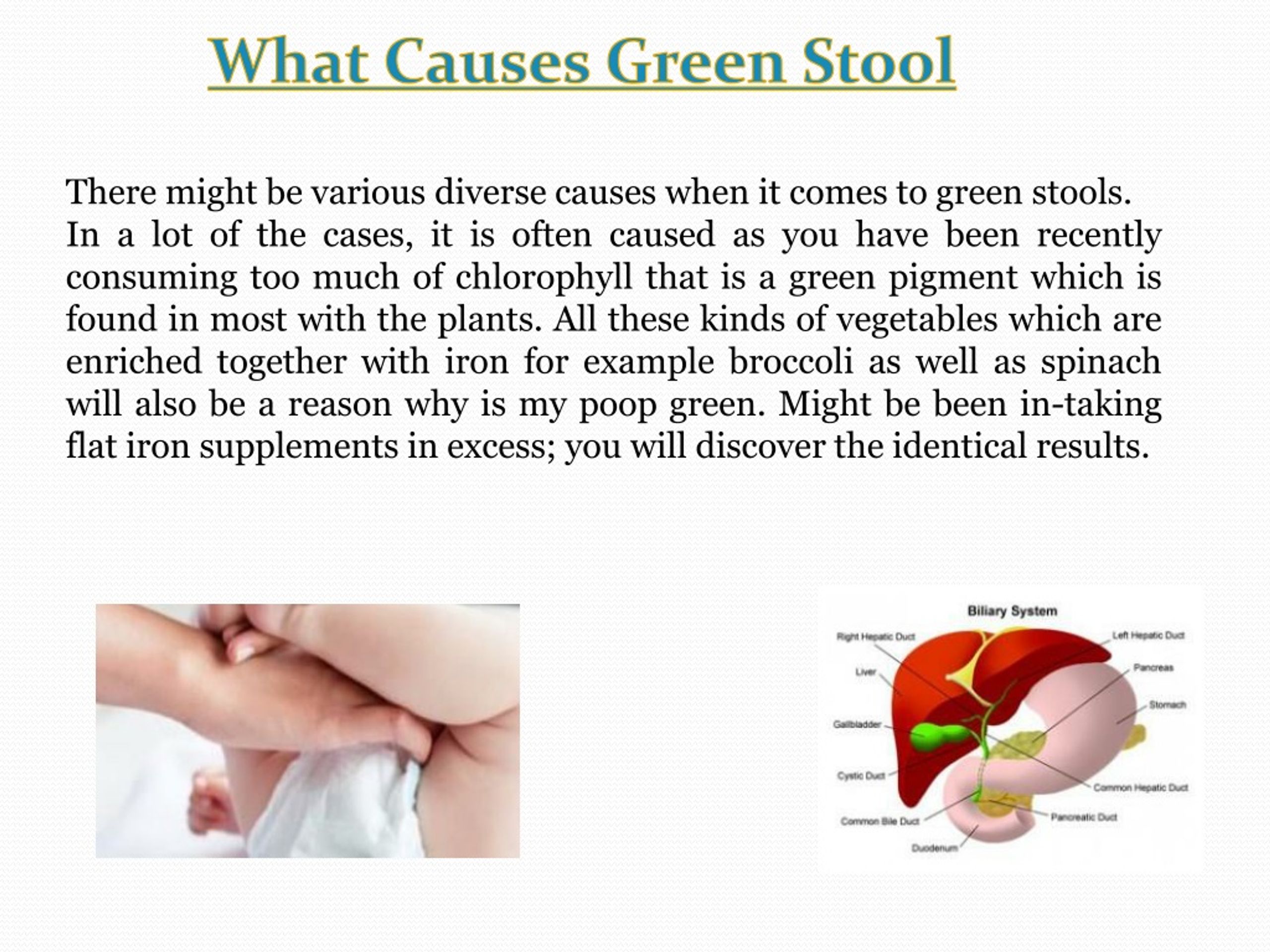 The stools are normally yellow, yellow-green or tan. It’s not abnormal for an occasional stool to be green. The odor should be mild, smell “cheesy” and not particularly unpleasant. The consistency may be described as being similar to scrambled eggs, custard, pea soup, or even prepared mustard. There are often small, seedy-looking solid particles in the stool.
The stools are normally yellow, yellow-green or tan. It’s not abnormal for an occasional stool to be green. The odor should be mild, smell “cheesy” and not particularly unpleasant. The consistency may be described as being similar to scrambled eggs, custard, pea soup, or even prepared mustard. There are often small, seedy-looking solid particles in the stool.
The First Six Weeks
Most babies, after the first few days, have two to five soft bowel movements every 24 hours, until they are about six weeks old. The stools should be as large as a US quarter to “count” in this number. Some babies will have more frequent bowel movements, and it is possible for a healthy baby to have fewer bowel movements. If a baby younger than six weeks has fewer than two bowel movements a day, that can still be a variation of normal provided that the baby has an adequate number of wet diapers, is known to be gaining weight at an adequate rate, and the stools produced are substantial in volume. After the first few days, a breastfed baby should have at least six to eight wet cloth diapers, or five to six disposables, in 24 hours. To gauge the wetness, pour 2-4 tablespoons (30-60 ml) of water on a dry diaper. This is how the normally wet diaper of a young baby feels. It is easier to judge wetness in cloth diapers. If you are using disposables, know that there is a wide variation in brands and types. One brand may not “feel wet” while another may feel soaked with the same amount of urine. It may be helpful to place a facial tissue inside the diaper to help judge wetness.
After the first few days, a breastfed baby should have at least six to eight wet cloth diapers, or five to six disposables, in 24 hours. To gauge the wetness, pour 2-4 tablespoons (30-60 ml) of water on a dry diaper. This is how the normally wet diaper of a young baby feels. It is easier to judge wetness in cloth diapers. If you are using disposables, know that there is a wide variation in brands and types. One brand may not “feel wet” while another may feel soaked with the same amount of urine. It may be helpful to place a facial tissue inside the diaper to help judge wetness.
If bowel movement frequency declines quite rapidly at any age, be sure that your baby is continuing to nurse often (8-12 times a day), on cue and is not relying too much on thumb or pacifier for sucking needs. If your baby sleeps through the night the number of daytime feeds will need to be increased to assure adequate milk intake. Regular weight checks can be reassuring to parents, to assess how their baby is growing.
After Six Weeks
It is not unusual for the bowel movements of a breastfed baby to decrease in frequency when the colostrum, which has laxative properties, is completely gone from the mother’s milk after about six weeks of age. A baby this age may continue to have frequent bowel movements, sometimes even after every nursing. It is also normal for a breastfed baby older than six weeks to have only one bowel movement every few days. Some healthy babies will have only one bowel movement a week. When bowel movements are less frequent, they should be soft, easy to pass, and more profuse in volume. As long as the baby is gaining well (1-2 pounds a month), wetting sufficiently, and is happy and content there is no cause to be alarmed by infrequent bowel movements. It is not necessary to give the baby a laxative, fruit juice, syrups or any other “helpers.” In fact, attempting to force bowel movements can have harmful consequences to your baby.
After the baby is about six weeks old, he may wet only five to six diapers per day, but if so these diapers will be much wetter and heavier.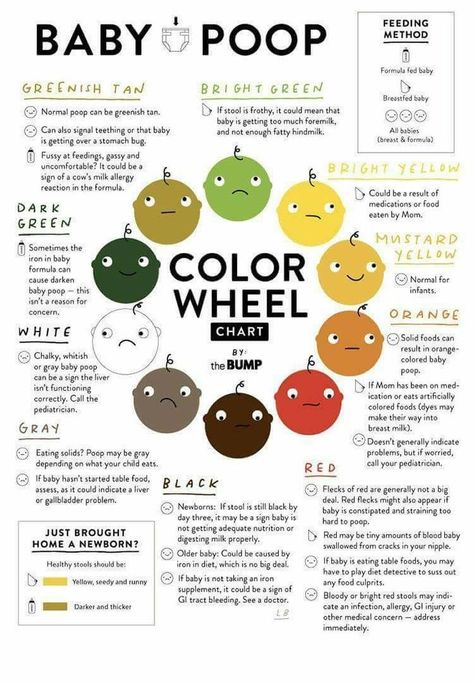 As the baby’s bladder grows, he can produce and hold more urine at a time. To judge wetness of a diaper for an older baby, pour 8 tablespoons (120 ml) onto a dry diaper. That would be considered a normally wet diaper and will give you an idea of what to expect. If at any time you have concerns about whether or not your baby is gaining and growing well, consult your health care provider.
As the baby’s bladder grows, he can produce and hold more urine at a time. To judge wetness of a diaper for an older baby, pour 8 tablespoons (120 ml) onto a dry diaper. That would be considered a normally wet diaper and will give you an idea of what to expect. If at any time you have concerns about whether or not your baby is gaining and growing well, consult your health care provider.
After Solid Foods
Once solid foods are introduced to your breastfed baby around six months of age, there will be many changes in his elimination patterns. The stools will have a stronger odor and different color and consistency. It is normal to find bits of vegetables in the diaper, as even cooked vegetables are harder to digest than many other foods. After the introduction of solids, it is indeed possible for your baby to experience constipation or diarrhea, which are possible clues that he is not tolerating a new food. Some foods with iron added, such as rice cereal or infant formula, could cause constipation in some infants. Be sure to breastfeed before offering solids, to make sure the more nutritious food comes first. For more guidance, read the LLL information about best strategies for starting solid foods. The Womanly Art of Breastfeeding book is a great resource.
Be sure to breastfeed before offering solids, to make sure the more nutritious food comes first. For more guidance, read the LLL information about best strategies for starting solid foods. The Womanly Art of Breastfeeding book is a great resource.
Estreñimiento
Published January 2018.
What to do with constipation in a month-old baby while breastfeeding?
Author, editor and medical expert - Klimovich Elina Valerievna.
Views: 455 996
Last update date: 10.2022 G.
Average Reading time: 17 minutes
Content:
PRESSION OF BREED BRIED
What should be considered constipation in an infant
Why can a newborn have a constipation during breastfeeding
Temporary violations of stools
What to do with constipation in the newborn during breastfeeding
What does not need to be done 9000
in children under one year old. More often it happens in babies who are fed with milk mixtures, but sometimes it also occurs in infants. What are the causes of constipation in newborns during breastfeeding and what to do when they appear - in the article.
More often it happens in babies who are fed with milk mixtures, but sometimes it also occurs in infants. What are the causes of constipation in newborns during breastfeeding and what to do when they appear - in the article.
Digestion of an infant
A newborn is constantly in a state of adaptation to new living conditions. Its organs and systems continue to develop, and the physiological mechanisms of defecation are being improved.
In an adult, the retention of feces in the rectum is provided by involuntary and voluntary, that is, subject to the will, contractions of its muscles - sphincters.
The urge to defecate occurs when feces come into contact with the lower intestines. An adult is able to restrain the urge, but a newborn child is not.
Milk enters the stomach and triggers the gastrointestinal reflex, generating a wave of peristalsis throughout the gastrointestinal tract. The stool descends into the rectum and causes the urge to defecate. Not realizing that the conditions for defecation, to put it mildly, are not suitable, the baby tightens his legs and strains. A bowel movement makes room for a new portion of food.
Not realizing that the conditions for defecation, to put it mildly, are not suitable, the baby tightens his legs and strains. A bowel movement makes room for a new portion of food.
The frequency of stools in a newborn often coincides with the frequency of feeding, but may be twice a day 3 . Cal at the same time has a yellow or yellow-brown color, sometimes with a greenish tinge, a mushy texture with an admixture of foam and inclusions resembling cottage cheese, and the smell of sour milk.
Beginning at about 2 months of age, the frequency of stools begins to gradually decrease. By the time complementary foods are introduced (by 4-6 months), most infants empty their intestines 2 times a day, and some even once every 2 days 3 . The stool thickens and takes on a sausage-like shape - this is how it should be in all young children.
Up to contents
What should be considered constipation in a baby
It is quite understandable that the lack of stool in a baby causes concern for parents, often becomes the cause of unnecessary self-treatment. On the other hand, the lack of basic knowledge about the proper frequency of bowel movements in children sometimes leads to a delay in the necessary treatment and complications. So first, let's figure out what constipation is.
On the other hand, the lack of basic knowledge about the proper frequency of bowel movements in children sometimes leads to a delay in the necessary treatment and complications. So first, let's figure out what constipation is.
According to the generally accepted opinion, constipation in babies up to three months of age is considered to be a delay of 2-3 days of stool. If difficulty with bowel movements persisting for two or more weeks, they speak of chronic constipation. 2.3 . At the same time, the frequency of stool decreases (in comparison with the individual characteristics of 3 ), the feces become dense, fragmented, and acquire an unpleasant putrefactive odor.
To empty the intestines, the child strains hard and for a long time, his face turns red, his legs are drawn up to his stomach. Sometimes the contents of the rectum are so hard that they injure the delicate mucosa and cause painful cracks to form. In this case, the baby cries, and a strip of scarlet blood appears on the surface of the feces.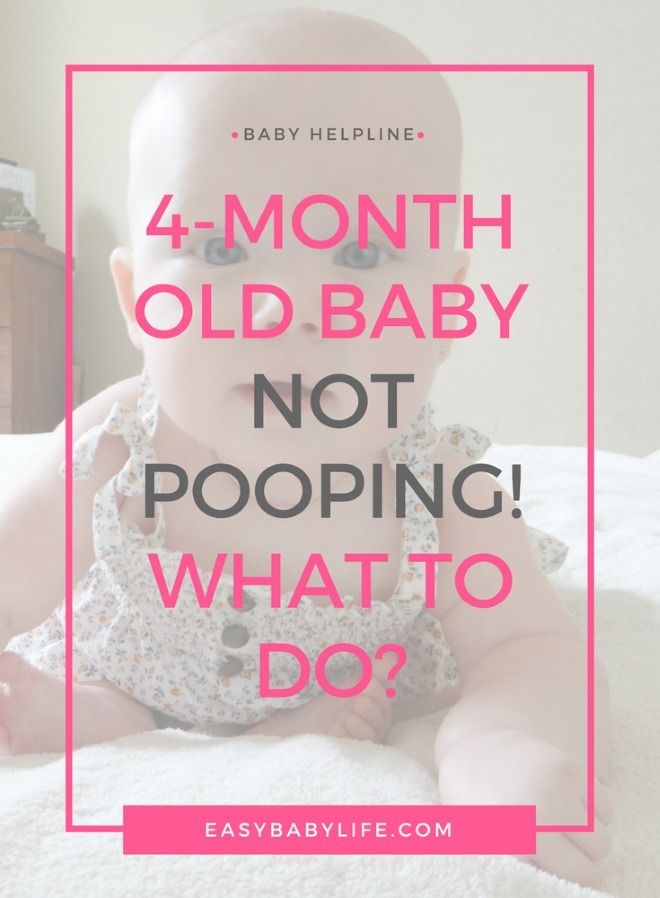
Constipation affects the general condition of the baby. He has pain and bloating in the abdomen, popularly called "colic", he does not eat well, becomes lethargic and capricious.
It is the appearance of general symptoms in constipation in a breastfed newborn that serves as a guideline for the diagnosis 4 . If they are absent, the child eats well, does not spit up, gains weight normally, the condition is considered to be “pseudo-constipation” that does not require any intervention 4 .
Back to content
Why a newborn may have constipation while breastfeeding
Difficulty emptying the bowels and lack of stool in infants in 95% of cases is caused by various functional disorders in the bowels 1.5 . The remaining 5% are due to diseases that disrupt the formation, promotion and removal of feces to the outside 1.5 .
Organic constipation
This type of defecation disorder is more often found in the first days or months of a baby's life 1.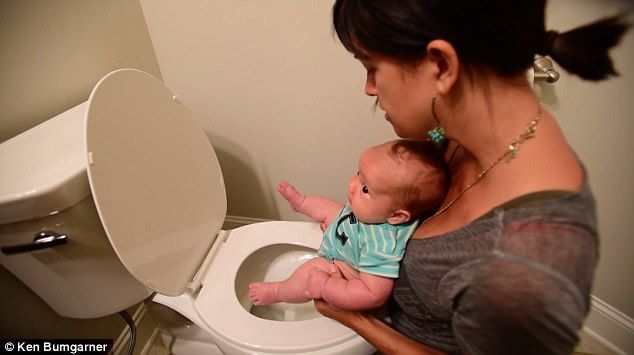 3 . It is caused by anomalies in the development of the intestines and rectum in particular, various neurological diseases accompanied by slowing down and discoordination of the motility of the gastrointestinal tract, metabolic disorders against the background of a reduced function of the thyroid gland and brain centers of regulation of the endocrine system, cystic fibrosis, Hirschsprung's disease 1.3 .
3 . It is caused by anomalies in the development of the intestines and rectum in particular, various neurological diseases accompanied by slowing down and discoordination of the motility of the gastrointestinal tract, metabolic disorders against the background of a reduced function of the thyroid gland and brain centers of regulation of the endocrine system, cystic fibrosis, Hirschsprung's disease 1.3 .
In case of constipation in children from birth to 3 months, it is best to consult a doctor immediately in order not to miss these diseases. If the examination does not reveal any organic pathology, we are talking about functional constipation 3 .
Functional constipation
The nervous system is of great importance in the regulation of stool, and since it is not yet sufficiently developed in a newborn, there is always ground for constipation. Functional constipation against the background of intestinal dyskinesia, accompanied by a weakening of peristalsis or spastic contractions of the intestine, which impair its patency, is the most common type of disorders 3 .
Other causes of functional constipation in infants:
- immaturity of the child and his digestive system, accompanied by a late "start" of digestive enzymes, prolonged retention of food masses in the stomach and intestines, imperfection of the receptor apparatus of the rectum, which triggers defecation 3 ;
- the consequences of intrauterine oxygen starvation, affecting the work of the central nervous system and the regulation of intestinal motility;
- general muscle weakness of the baby due to prematurity, iron deficiency or active treatment of rickets with vitamin D 3 ;
- intestinal dysbiosis, which occurs, for example, when antibiotics and pathogenic microbes affect the weak and unstable microflora of the children's intestines 3 ;
- Allergy to cow's milk proteins: it can already appear during breastfeeding if the mother likes dairy products and consumes them often 4 .
Back to top
Temporary stool problems
Defecation problems may be temporary. Many babies have difficulty with bowel movements - straining, grunting, whimpering during bowel movements, although their stools remain soft, mushy. This condition is quite normal for children of the first two months of life, is associated with the immaturity of the nervous system and is called "dyschesia" 4 .
Many babies have difficulty with bowel movements - straining, grunting, whimpering during bowel movements, although their stools remain soft, mushy. This condition is quite normal for children of the first two months of life, is associated with the immaturity of the nervous system and is called "dyschesia" 4 .
Temporary disturbance of bowel movements in a child may be due to the following factors:
- lack of liquid - in some cases, the child needs to be supplemented, although some mothers believe that when breastfeeding, the baby receives enough liquid in the form of milk 2.5 ;
- general dehydration of the baby against the background of high fever, vomiting and diarrhea, for example, with an intestinal infection or SARS, when a large amount of water is lost with sweat, vomit and liquid feces 4 ;
- malnutrition of a nursing mother: low fluid intake, unbalanced diet, low fiber content and a large amount of "fixing" foods in the diet 2 ;
- underfeeding of a child due to a lack of breast milk (in this case, a woman may not even suspect that she has little milk) and “tight” breasts in the mother, general weakness and persistent regurgitation in the baby 2.
 5 ;
5 ; - too early and irrational introduction of complementary foods 2 ;
- abuse of enemas and means of mechanical stimulation of defecation in a child (gas tube, irritation of the anus, etc.) 2 ;
- psychological factors 2 , which include the psycho-emotional problems of the mother, the absence of the mother and getting used to the nanny, moving, frequent contacts with new people;
- any diseases and teething - they affect not only the well-being, but also the emotional and psychological state of the child, and at the same time - intestinal motility.
Elimination of all of the above factors leads to spontaneous normalization of the child's stool.
Up to content
What to do with constipation in a newborn while breastfeeding
You need to act based on the cause of constipation. With diagnosed organic constipation, the treatment of the underlying disease is prescribed by a doctor.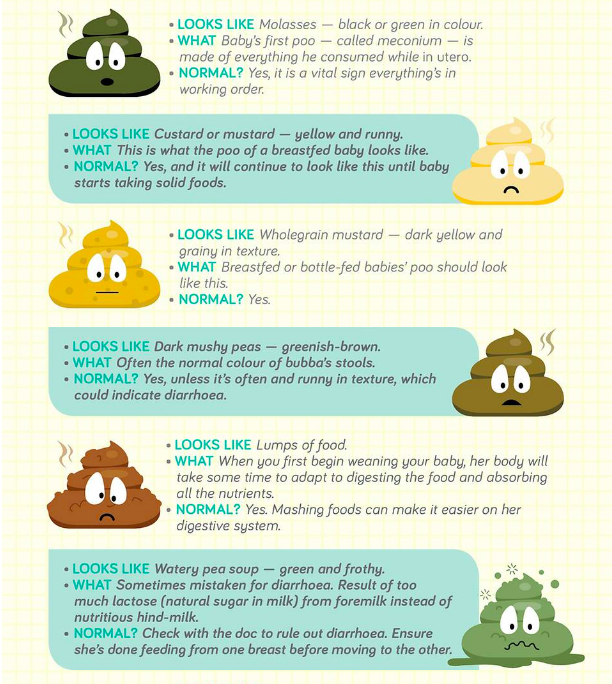 Solving the problem leads to the normalization of bowel movements.
Solving the problem leads to the normalization of bowel movements.
For functional constipation, doctors recommend:
1. Breastfeed
2 .Breast milk, containing the mother's immune factors, provides the baby's natural protection against infections, promotes the formation of its intestinal microflora and the development of the digestive system as a whole 2 . With weak lactation and lack of breast milk and unstable stools with a tendency to constipation in a child, doctors recommend supplementary feeding with adapted milk formulas with the addition of prebiotics 2 . They contribute to the maintenance of the intestinal microflora, on which digestion depends in part 2 .
2. Follow the diet of a nursing mother
The composition of breast milk directly depends on the nutrition of the mother, therefore, by changing the diet, it is possible to influence the diet of the child 4 . For the work of the gastrointestinal tract of the baby, it is important to observe the water regime, the vegetables, fruits, cereals eaten by the mother, wholemeal bread, that is, foods with a high fiber content 4 . You should limit the consumption of foods that provoke increased gas formation: cabbage, onions, tomatoes, rice, legumes, black bread, pears, grapes, mushrooms, pickles, smoked meats and spices 3 .
You should limit the consumption of foods that provoke increased gas formation: cabbage, onions, tomatoes, rice, legumes, black bread, pears, grapes, mushrooms, pickles, smoked meats and spices 3 .
Prunes, dried apricots and simple boiled beets will help as a natural laxative for breastfeeding from constipation in a newborn - you just need to include them in the diet.
Fermented milk products are useful for maintaining the intestinal microflora 2 . But with cow's milk intolerance diagnosed in a child, a nursing mother will have to completely abandon dairy products made from it 4 .
3. Maintain the child's physical activity
Properly organized daily routine and physical activity is the most important factor in the treatment of constipation in a child 2 . Physical activity is selected individually according to the age of the child 2 . For newborns and infants during the first 5 months of life, their natural activity and special exercises are enough 2 . It is very important that the clothes do not hamper the movement of the child and allow him to independently improve his motor skills in the process of learning the world.
It is very important that the clothes do not hamper the movement of the child and allow him to independently improve his motor skills in the process of learning the world.
4. Massage the belly
First of all, after feeding, it is necessary to keep the baby in an upright position so that he burps air, and then lay him down on his tummy.
Abdominal massage involves gentle strokes on the tummy in a clockwise direction, that is, in a circle, starting from the right iliac region and ending with the left iliac region. In this case, the child should lie on the back. At the end of the procedure, holding the ankles, alternately press the baby's legs to the tummy. This stimulates the passage of gases and defecation.
5. Wise use of gas reducing agents
A large amount of gas stretches the intestinal wall, weakens its peristalsis and leads to colic. Dill water, light fennel tea, and simethicone preparations may relieve symptoms associated with constipation 4 .
Medications to help mechanically remove gas from the intestines, such as a gas tube or enemas, are sometimes useful. 4 . However, their frequent use exacerbates the problem of constipation: the baby’s gastrointestinal tract begins to “get lazy” and ceases to perform its functions independently 3 .
6. Microclysters MICROLAX
®Microclysters occupy a special place in the complex treatment of constipation in breastfed newborns. They promote bowel movements and thereby alleviate the suffering of the baby.
MICROLAX ® for children from 0 years is designed for the smallest children, equipped with a special short "nose" and can be used from birth up to 3 years 6 . The composition of the drug includes sodium citrate, which displaces water from the feces, sodium lauryl sulfoacetate, which thins the contents of the rectum, and sorbitol, which stimulates the flow of water into the intestines 6 .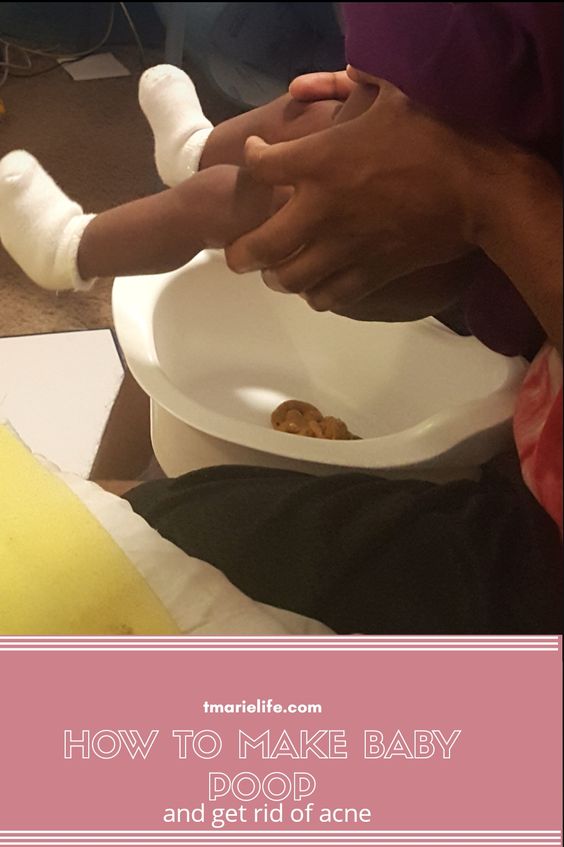
By reinforcing each other's action, the components of MICROLAX ® are able to soften the stool and facilitate defecation 6 . In this case, the effect of the drug may begin in 5-15 minutes 6 .
It is important that the effect of MICROLAX ® is limited to the end of the intestine. It is not absorbed, does not enter the general circulation and therefore does not affect the functioning of other organs and systems 6 .
For ease of use MICROLAX ® is available as a disposable microclyster fitted with a shortened spout 6 . It is enough to break off the seal - and the microclyster with 5 ml of the drug will be ready for use.
Back to Contents
What Not to Do
First of all, don't wait for the problem to go away on its own. Repeated and prolonged stool disorders in infants always require the consultation of a pediatrician.
Also not recommended:
- to feed the child strictly by the clock - the baby himself "knows" how much and when he needs milk; feeding on demand contributes to the normal functioning of the intestines and, in addition, stimulates lactation in the mother;
- breastfeeding the baby after spitting up: this is a normal act to help the baby get rid of air and excess food that has entered the stomach;
- to supplement the baby with a mixture or completely switch to artificial feeding, believing that the baby does not have enough milk - a guide that he has enough food should be sound sleep and normal weight gain;
- frequently use a gas tube, resort to enemas and other methods of stimulating bowel movements;
- apply folk methods of stimulating the rectum, for example, insert a bar of soap into the anus: soap irritates the mucous membrane and can cause a chemical burn; a laxative effect can be achieved with gentle means, for example, microclysters MICROLAX ® ;
- take medicines without consulting a doctor - all of them can penetrate into the child's body with milk and affect his body in general and the work of the gastrointestinal tract in particular.
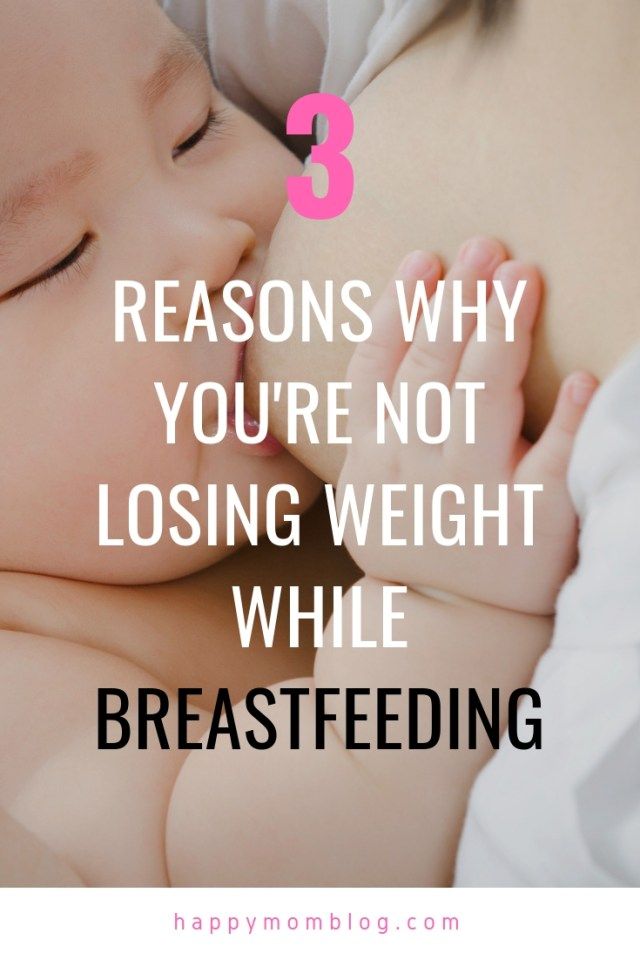
Back to Contents
Prevention
Functional constipation in babies is easier to prevent than to treat. To avoid the problem, it is recommended to follow the following rules.
- Breastfeed your baby for as long as possible and continue to breastfeed even when the milk supply is low.
- By all means support and maintain lactation. Feeding on demand is the best way to regulate, as well as eliminating the need for pumping. The child himself "controls" the production of milk: it is produced as much as he sucks out during meals.
- Folk methods for stimulating lactation have not been canceled either, but if they are ineffective, you should not give up - you need to contact a gynecologist. Today, there are safe drugs that enhance the work of the mammary glands.
- Monitor nutrition. Everything that enters the mother's body ends up in her breast milk, and with it - in the baby's stomach. Abuse of astringent and fastening products affects the baby's gastrointestinal tract and can lead to constipation.
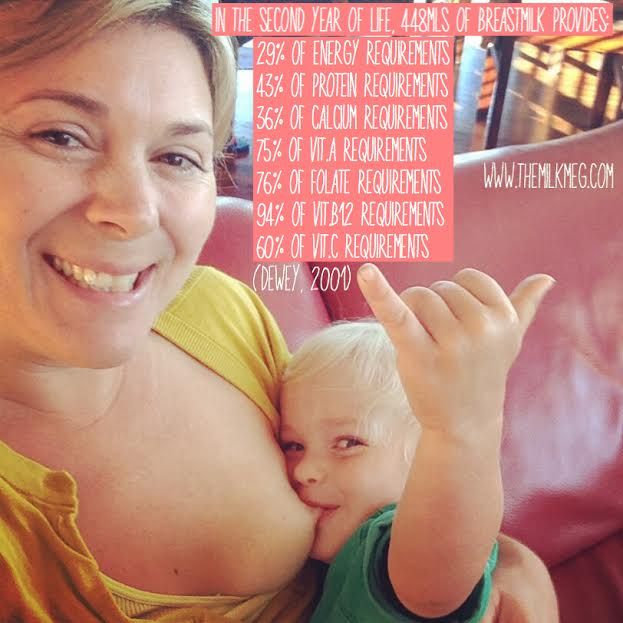
- With the emerging tendency to constipation, you can include in the diet products that have a laxative effect: prunes, dried apricots, beets, kefir and yogurt. The mother’s stool will serve as a guideline: if her intestines are working normally, then the likelihood of constipation in the baby will be minimal.
- Do not take any medications without the advice of a doctor - they can not only lead to constipation in the baby, but also affect the functioning of other organs of the developing organism.
- Do not swaddle the baby or use wide swaddling. Nothing should put pressure on the tummy and hinder the movements of the baby. He should be able to freely move his legs, press them to the tummy - this is necessary for him to defecate.
- Give your baby a tummy massage every time before meals or 50 minutes after meals. This will help maintain active peristalsis and regular emptying of the rectum.
- To work with a child, that is, to improve his motor skills.
 This will accelerate the development of the nervous system and eliminate the neurological basis for functional constipation.
This will accelerate the development of the nervous system and eliminate the neurological basis for functional constipation. - Do not abuse enemas, gas tubes, or other methods of mechanical stimulation of bowel movements. This leads to a decrease in the motor activity of the gastrointestinal tract and exacerbates constipation.
- Be sure to supplement your child if he or she has vomiting or diarrhea, excessive sweating during a cold, or in hot weather.
- Maintain a calm atmosphere in the family and love the baby. Even newborns who do not understand anything very subtly feel the surrounding emotional background. Its negative impact is expressed in stress and constipation as well.
Back to Contents
The information in this article is for reference only and does not replace professional medical advice. For diagnosis and treatment, contact a qualified specialist.
What is constipation in a newborn
The contents of a baby diaper is one of the key topics that young mothers discuss. They pay attention to the frequency of the stool, its consistency, color and smell. One of the most common problems they complain about to doctors or to each other is constipation in babies. We figure out what the baby’s chair depends on and how many days he may not go to the toilet for the most part.
They pay attention to the frequency of the stool, its consistency, color and smell. One of the most common problems they complain about to doctors or to each other is constipation in babies. We figure out what the baby’s chair depends on and how many days he may not go to the toilet for the most part.
Normal neonatal stool
During fetal development, nutrients are supplied to the baby through the umbilical cord. Through it, the metabolic products of the fetus are also excreted. The digestive system of a newborn begins to work only after childbirth, so it is logical that the baby does not poop in utero. But this does not mean that nothing gets into it.
During this period, the child actively swallows amniotic fluid (amniotic fluid). Its excretion from the body begins after the birth of the child and the start of breastfeeding. For the first time, a newborn goes to the toilet on the second day after birth. This stool is not like a baby's usual feces. Over time, he will return to normal.
How does the baby's stool change in the first months of life?
| Age | Child's chair |
| 1–3 days after birth | The chair is dense, pasty. Usually dark, sometimes greenish in color. The passage of meconium can cause discomfort to the baby. |
| 3–5 days after birth | The chair gradually brightens, becomes mushy. Usually does not cause any inconvenience to the child. But some problems may arise due to the fact that the digestive tract of the baby "learns" to work and is colonized by bacteria. |
| 2 weeks after birth | The work of the gastrointestinal tract is normalized. If the mother feeds the baby with breast milk, the stool is creamy, yellow. On artificial feeding it can be thicker. Not always homogeneous, there may be inclusions. |
| 1 month after birth | A month old baby can poop from one to several times a day. The chair is normalized and is both pasty and quite hard. Some children may also have stool retention. But if the separation of feces does not cause discomfort and anxiety in the baby, they should not bother the mother either. |
| 2 months after birth | The work of the intestine continues to improve. Two-month-old baby no longer goes to the toilet after every feed. The number of bowel movements is reduced to 1-2 per day. The stool is still not hard, more like slurry. It can be homogeneous and interspersed. |
Constipation is not considered that the baby cannot go to the toilet for a certain time. The main criteria at this age are not stool retention, but unpleasant sensations during defecation (the child cries before pooping), a large amount of stool and its hard consistency.
Because of what the child does not walk on the large
Constipation is a reduction in the number of bowel movements relative to their normal number for this age. In addition, such a disorder of the stool is accompanied by the discharge of a large amount of dense stool. Thus, constipation is not just a decrease in the number of bowel movements, but also a change in the stool itself.
Other signs of constipation in a baby include the following:
- change in stool odor;
- a large amount of gases;
- anxiety of the baby during washing;
- restless sleep in a baby with frequent awakenings;
- intense crying that cannot be stopped.
Even if the baby goes to the toilet every day, but at the same time his feces become plentiful and dry, this indicates constipation in the child. At the same time, the absence of a bowel movement for several days, which does not cause any inconvenience to the baby, and normal mushy stools, even after a break, are not considered grounds for making such a diagnosis.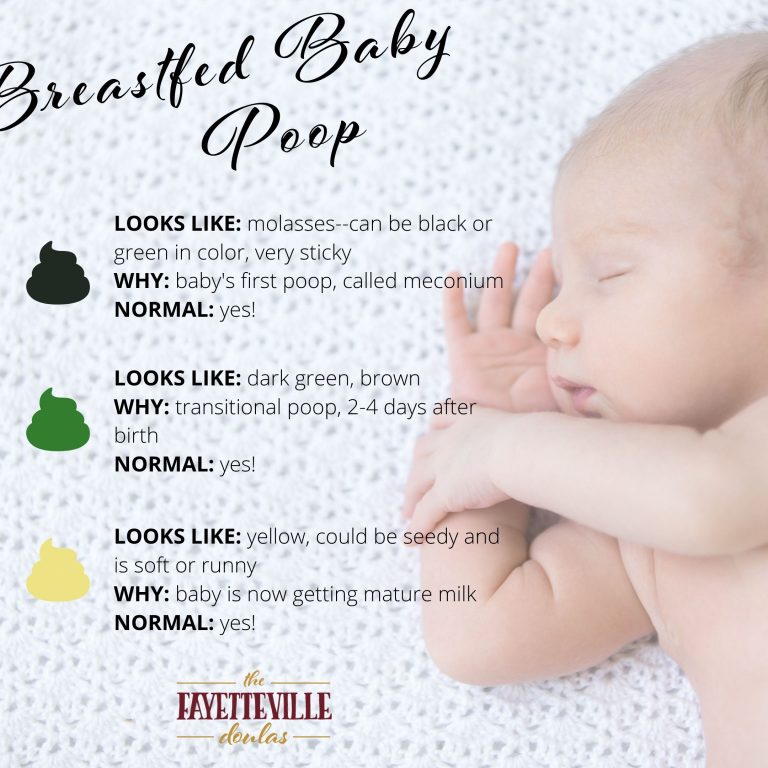
Causes of impaired defecation can be both normal and pathological. The most common causes of constipation in babies are:
- congenital malformations of the gastrointestinal tract;
- disruption of the digestive glands;
- violation of the normal colonization of the gastrointestinal tract by flora;
- the predominance of the mixture over breast milk;
- insufficient fluid intake;
- unsuitable mixture for the baby;
- allergic reactions;
- Iron-deficiency anemia.
Most often, the problem lies in improperly selected nutrition or dysbacteriosis in babies. The fact is that the child's intestines are sterile, and until the flora returns to normal, constipation can develop even in a one-month-old baby. Usually this condition does not require medical intervention, but the baby needs some help anyway.
Constipation is not just a delay in stool, but also a change in its consistency.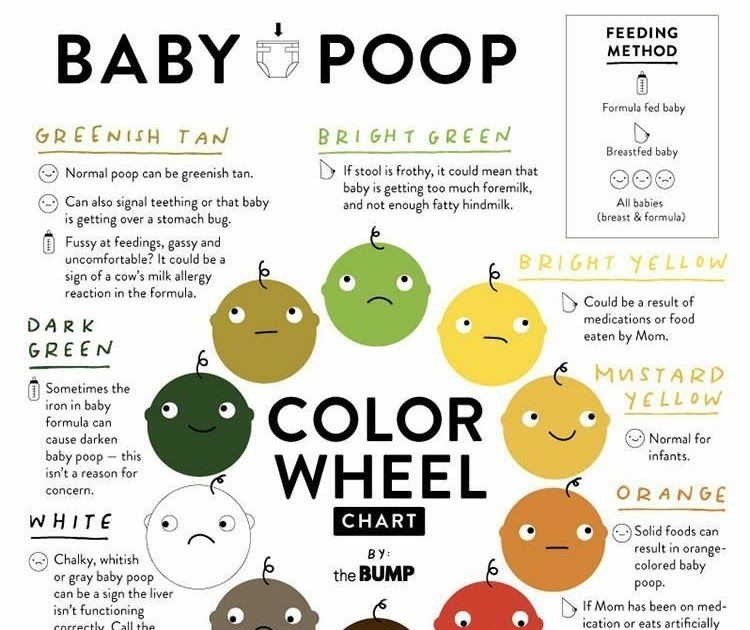 It can be difficult for a young mother to understand when the lack of bowel movements is normal, and when the child needs help. Our doctors at a remote consultation will help you understand when a child needs help, advise on how to organize a baby’s diet and choose the right formula for him.
It can be difficult for a young mother to understand when the lack of bowel movements is normal, and when the child needs help. Our doctors at a remote consultation will help you understand when a child needs help, advise on how to organize a baby’s diet and choose the right formula for him.
When constipation of the baby requires medical attention
Most often, problems with defecation in infants occur due to improper feeding or due to the immaturity of the gastrointestinal tract. However, in some cases, the absence of a chair requires medical intervention. It is especially dangerous if the newborn cannot go to the toilet and his meconium has not passed 2 days after birth.
This may indicate congenital problems with the gastrointestinal tract, which require additional diagnosis and examination by a neonatologist. In addition, other symptoms may indicate them. The main ones are:
- blood streaks or black blotches appear in the feces;
- close relatives have diagnosed diseases of the gastrointestinal tract;
- the child burps frequently and profusely;
- he has vomiting with bile impurities;
- the child gains little or no weight;
- his stomach is very distended;
- the child's stool is like a ribbon;
- he refuses breast or bottle;
- the child cries a lot, and the parents cannot calm him down;
- his temperature rises;
- there are traces of calomania on the diaper, but the feces themselves do not go away.

If such symptoms are observed in the maternity hospital, it is necessary to report them to the neonatologist on duty. If they are found after discharge from the hospital, you need to call a pediatrician or report these symptoms during a patronage bypass. In cases where the child begins to vomit profusely and the temperature rises sharply, you need to call an ambulance.
Important! The minimum weight gain for children in the first three months of life is 150 grams per week or 600 grams per month. In the first month, the increase is calculated from the minimum weight, and not from birth weight.
How to treat stool problems in an infant
To help the baby cope with constipation, you need to understand what caused its development. The diagnosis is made on the basis of a survey of the mother and a physical examination - the doctor palpates the abdomen, examines the anus and performs a rectal examination. To determine the cause, an examination is also carried out - general tests of urine, blood and feces, ultrasound and others if necessary.
If pathologies are detected, a small patient is sent for treatment to a gastroenterologist, who will prescribe the appropriate treatment for the child. In other cases, it is recommended to change the lifestyle of both the nursing mother and the baby:
- A nursing mother is recommended a light diet without fried and fatty foods, with plenty of fresh vegetables and fruits. It is also worth reducing the amount of sugar in the diet, as it can cause fermentation in the digestive tract.
- Try to keep breastfeeding or mixed feeding as long as possible. Breast milk helps the digestive tract to ripen and form the correct flora.
- When transferring to artificial feeding, make sure that the mixture does not contain palm oil. It impairs the digestive processes and can cause constipation.
- If these measures do not help, the child may be prescribed pro- and prebiotics, which help to normalize the intestinal flora, after which the digestive processes also normalize.

- As prescribed by the doctor, the baby may be prescribed laxatives, glycerin suppositories, microenemas and gas tubes. However, you should not get carried away with these drugs, since their constant use can lead to hypotension.
Massage of the abdomen can also help the newborn - stroke the baby's tummy in a circular motion in a clockwise direction and gently press the legs to the stomach. This will improve peristalsis and help the stool pass. A warm bath can also help the baby - it will relax the muscles and make it easier to pass the stool.
If we are not talking about pathologies of the gastrointestinal tract, normalizing the nutrition of mother and child helps to fight constipation. Our doctors will help you choose the best diet, tell you when your child needs supplementary feeding, and determine when he needs medication.
FAQ
How do you know if a baby is constipated?
+
Normally, a child’s stool may be absent for several days, if the baby himself is calm at the same time, and the feces after that are soft and pass without problems.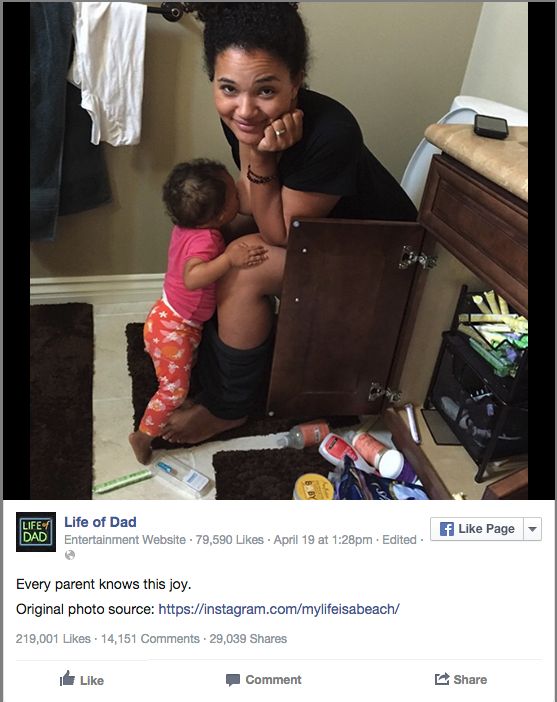 A sign of constipation is the presence of a hard plentiful stool and difficulty with the bowel movement itself.
A sign of constipation is the presence of a hard plentiful stool and difficulty with the bowel movement itself.
Why is there a delay in stool in infants?
+
Stool retention can develop due to the immaturity of the gastrointestinal tract of the child, pathologies in the development of the intestines or digestive glands, dysbacteriosis, dehydration, an improperly selected mixture, or flaws in the diet of a nursing mother.
Can a newborn baby be given a laxative for constipation?
+
Do not give a newborn baby any medication without first consulting a doctor. Your doctor will assess the severity of your constipation and suggest ways to treat it with or without a laxative.
What to do if the baby has constipation? Should I force my baby to poop?
+
If the child is not bothered by anything, and the feces after the pass pass without problems, then there is no need to interfere in these processes.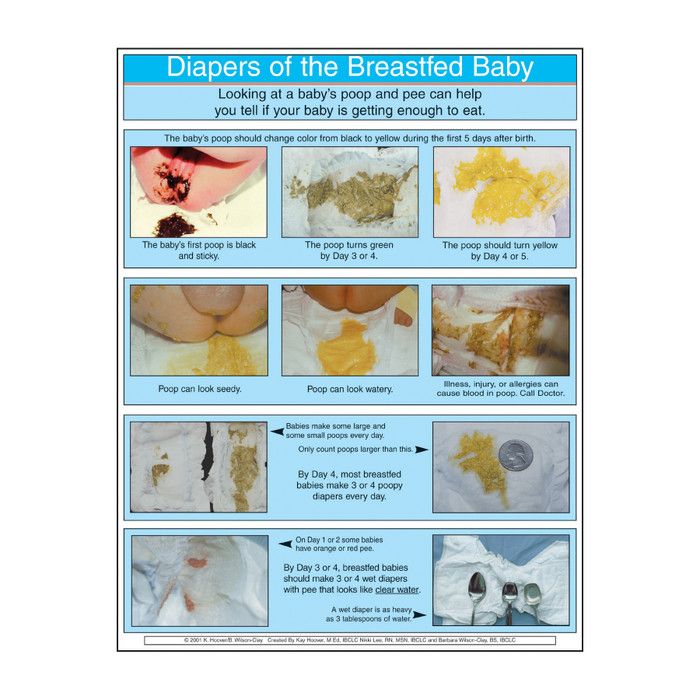 If the baby is clearly having difficulty with bowel movements, consult a doctor to find methods that facilitate this process.
If the baby is clearly having difficulty with bowel movements, consult a doctor to find methods that facilitate this process.
Can planting help with constipation?
+
Theoretically, an upright posture can help a child cope with constipation. However, these methods are rather auxiliary and will not lead to a stable result. It is more effective to adjust the diet and make sure that the child does not have dehydration.
Expert opinion
The absence of a chair in a child does not always mean that the baby has developed constipation. It is indicated by hard plentiful stools, restlessness and a swollen belly of the baby. The cause of a violation of the stool can be both pathological processes in the gastrointestinal tract, and flaws in the diet of the mother or baby. To determine when constipation requires treatment, the doctors of our service will help. They are available at any time of the day without queues and long waiting times.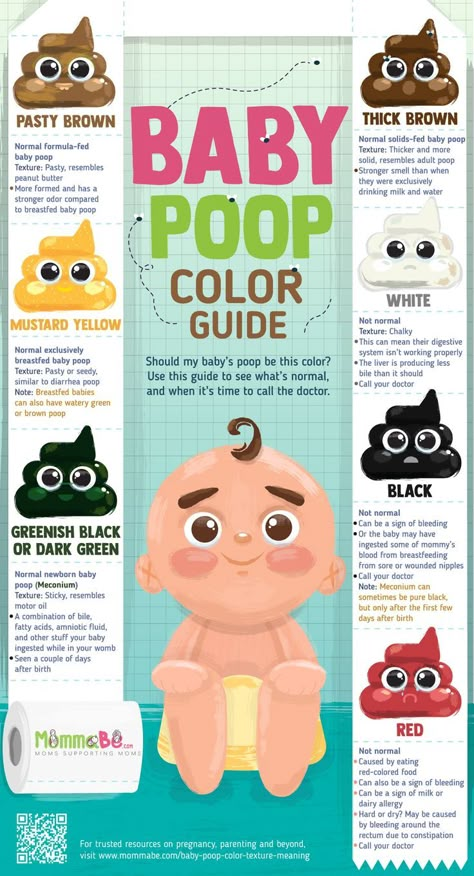
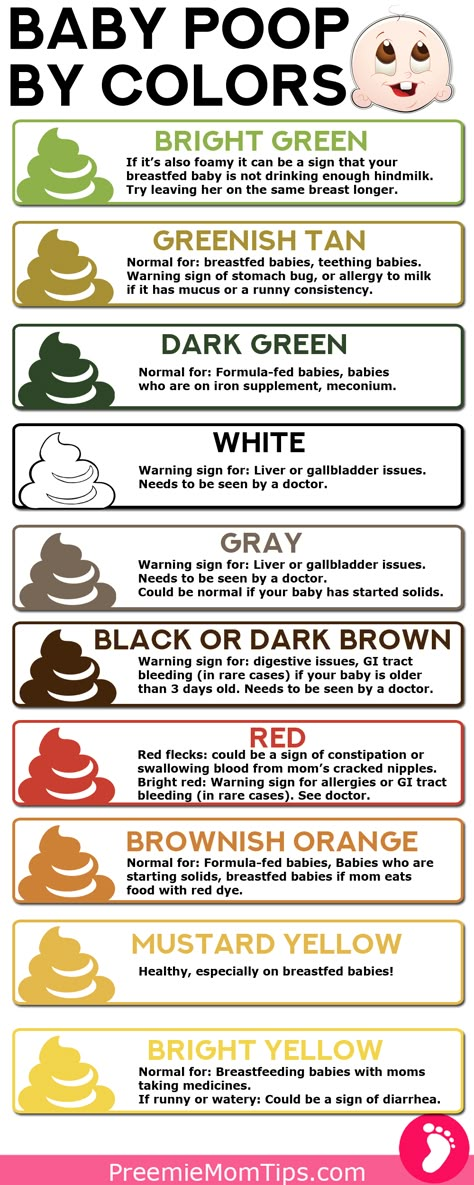 Due to the immaturity of the enzymatic system, it is greenish in color.
Due to the immaturity of the enzymatic system, it is greenish in color. 